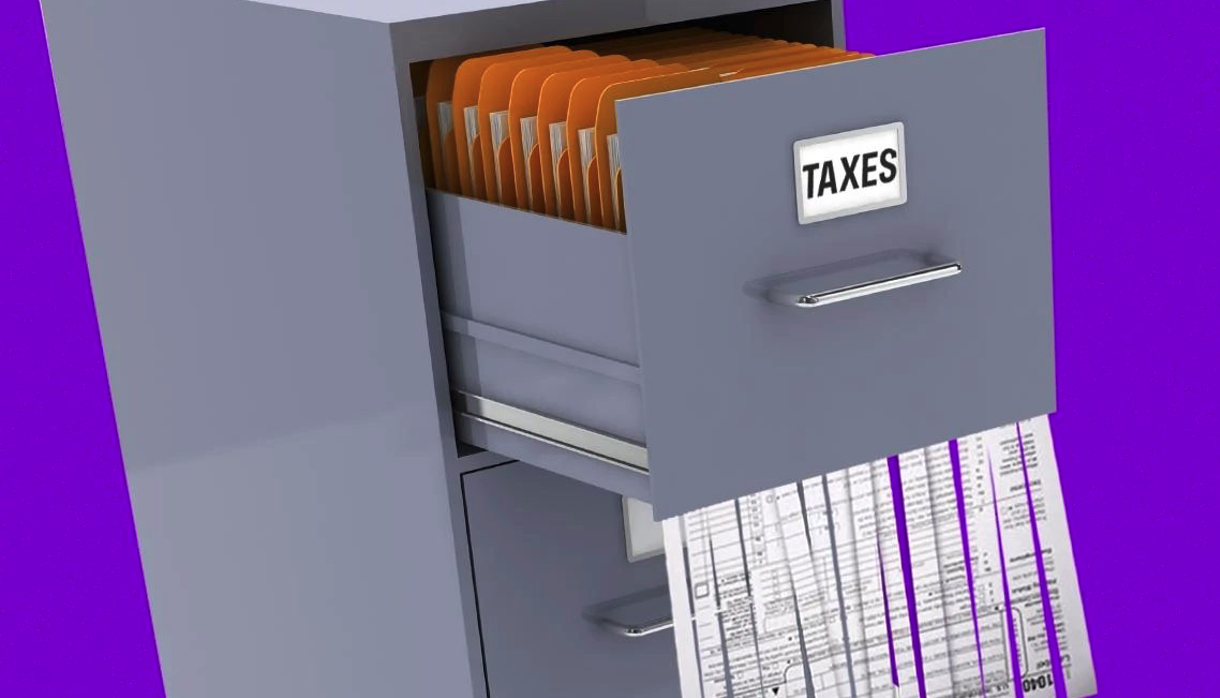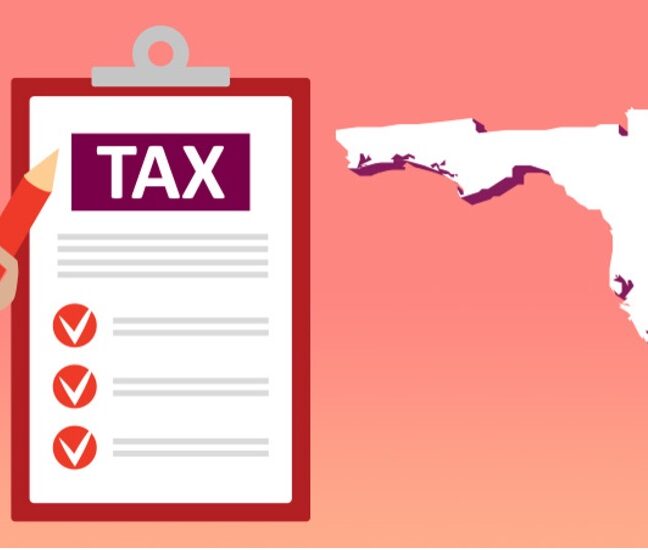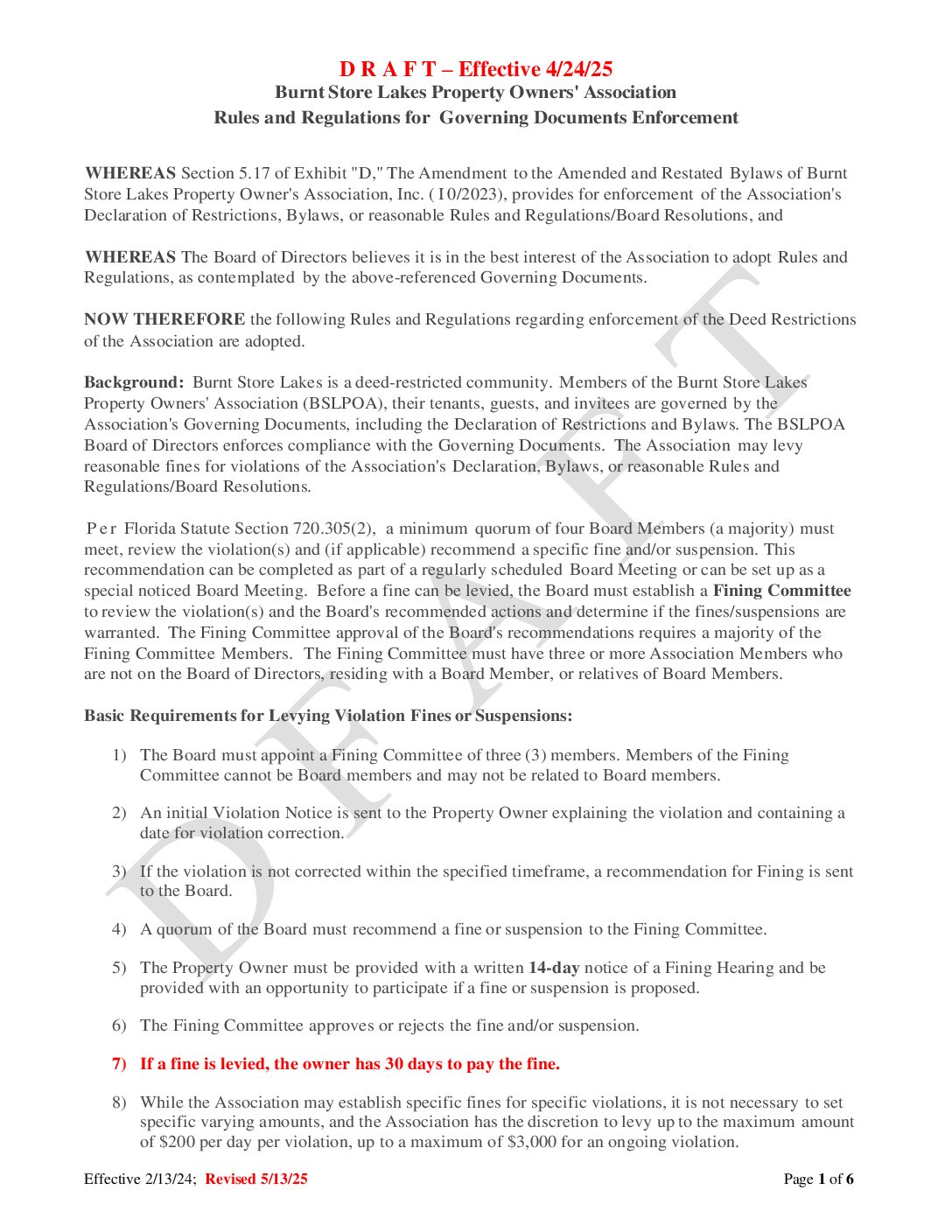
After you file your tax return, you may be wondering how long you need to hold on to your tax records. You might be tempted to shred everything and toss the debris in the trash. Or you might assume that you need to hold on to every tax return and supporting document forever.
Turns out, you do need to keep certain tax documents for a period of time in case the IRS or state treasury department has questions about the information you provided on your return—or you get audited. But don’t worry—you don’t need to turn your basement into a storage facility for decades’ worth of tax records.
To protect yourself, follow these recordkeeping guidelines.
Three Years
You should keep tax returns and supporting documents for at least three years after you file them, says Logan Allec, a certified public accountant (CPA) and founder of Choice Tax Relief in Los Angeles. This is based on the statute of limitations for assessments, which determines how long the IRS has to audit your return.
Therefore, keep any documents related to your income and deductions or credits you claimed for at least three years, including:
• W-2 forms reporting income from employers.
• 1099 forms reporting income from sources such as self-employment, interest, dividends, pensions, retirement account distributions, and government payments (including unemployment benefits).
• 1098 forms showing tax-deductible interest, such as mortgage interest, student loan interest, tuition payments, and donations of motor vehicles.
• Sales receipts, bank and credit card statements, canceled checks, loan documents, paid invoices, mileage logs, other documents supporting charitable contributions, and itemized deductions and tax credits claimed.
• Investment account statements and retirement plan contribution records.
• Home and rental property purchase and sale documents and records showing the cost of any improvements or renovations made.
• Schedule E for rental property income.
“The more documentation and proof of what you claimed, the better, in the event you get audited,” Allec says.
Six Years
The statute of limitations has some important exceptions. For one, the IRS has six years to audit your return if you underreported your income by 25 percent of the gross income shown on your return. For example, if you claimed your gross income was $50,000 and it was really $100,000, you substantially understated your income.
The six-year rule also applies if you don’t report income from foreign financial assets that is more than $5,000.
Keep the following documents for six years:
• Documents showing sources of income if there’s a chance of an audit.
• Records of income from foreign assets, such as offshore bank accounts.
Seven Years
You should keep records for seven years if you file a claim for a loss from worthless securities or bad-debt deduction. A worthless security is a security, such as a stock, that has lost all its market value or is no longer traded. According to the IRS, worthless securities also include securities you abandon by relinquishing your rights to them.
Bad debt is money that you are owed but can’t collect. To deduct bad debt, you must show that you’ve taken reasonable steps to try to collect the funds, according to the IRS. Money loaned to friends or family that you don’t expect to be paid back is considered a gift, not bad debt.
Retain these records for seven years:
• Documents showing ownership of securities and proof that they are worthless.
• Records showing details of loans, efforts made to collect amounts owed, and reasons debts couldn’t be collected.
If you failed to file a return, or you filed a fraudulent return, there’s no statute of limitations for assessment of the taxes you owe.
Longer Than Seven Years
You may need to keep records long term related to assets that have increased or decreased in value since you purchased them, Allec says. This could include real estate, interest in a business, a Roth IRA, and other certain assets. Why? Because when you sell an asset after holding it for many years, you’ll be asked to prove the cost basis—that is, the amount you paid for it.
For example, when you sell a property at a significant profit, you’ll likely owe capital gains tax. Calculating your capital gain often requires you to hang on to documents showing the purchase price, the cost of any improvements, insurance claims, and refinancing for three years after you sell and report it on your tax return. You’ll need these records to calculate the cost basis for the property, which is the actual cost adjusted up or down by other factors, such as major improvements to the structure.
But depending on their profit, many people can avoid paying capital gains tax on the sale of their home. When selling a primary residence, those filing individual returns can exclude up to $250,000 in gains from taxes and couples filing jointly can exclude up to $500,000.
You must have lived in the home for at least two of the past five years to qualify for the exclusion. Even so, you’ll need to save your real estate closing statement for at least three years after selling the property.
If you don’t meet the requirements to avoid paying capital gains tax on the sale of your home, you’ll need to retain records of significant home improvements for at least three years after the sale. IRS Publication 523, “Selling Your Home,” specifies what improvements you can add to your home’s cost basis to reduce your capital gains bill. The same applies for rental property.
In addition, keep records of any inherited property and its value when the owner died, which will become your tax basis.
Most brokerages will compute your cost basis for stocks, bonds, and mutual funds, although they are only required to calculate your cost basis for stock transactions since 2011 and mutual funds since 2012. Still, it’s a good idea to keep all your transaction records in case you change brokers, since brokers are not obligated to hold your records indefinitely.
Here are the documents you should keep longer than seven years:
• Receipts and documents related to home sales and improvements.
• Records of fair market value of inherited property at time of original owner’s death.
• Investment transaction records.
• Retirement account records such as Form 5498 showing IRA contributions.
How To Organize Your Tax Records
Maintaining some semblance of order after you file returns, rather than tossing papers into a file cabinet or a shoebox, will come in handy if the IRS has questions later.
“It’s easy to feel overwhelmed this time of year, as financial documents seem to come in every day by mail or by email,” says Chris Benson, CPA and member of the American Institute of CPA’s Strategic Tax Reform Advisory Group. “We often see people put all those documents into one box or one folder on their computer, and then when they need them, it’s impossible to find what they need.”
To avoid clutter, consider converting paper documents to electronic files by scanning them and storing them on a password-protected cloud service such as Dropbox, Google Drive or Microsoft OneDrive. Benson and Allec recommend using digital folders to organize documents from each tax year so that you can locate tax records easily when you need them. Give each file a descriptive name, such as “2024 charitable donation receipts.”
If you’re not comfortable storing tax records electronically, Allec cautions against keeping them in cardboard boxes or other places where they could get damaged or destroyed if there’s a fire, flood, or other natural disaster. “If you really want to be secure with your paper documents, use fireproof storage,” he advises.






